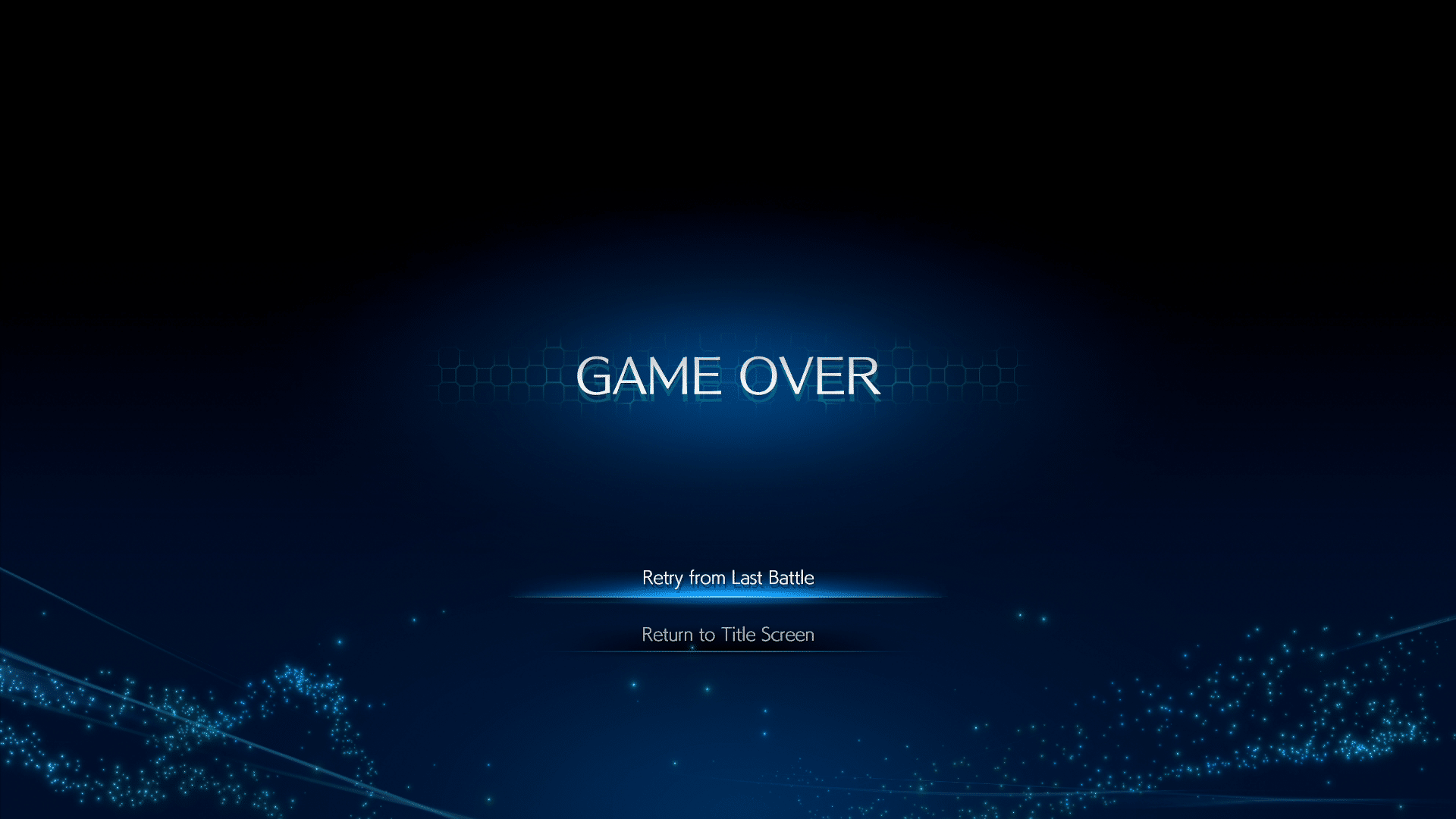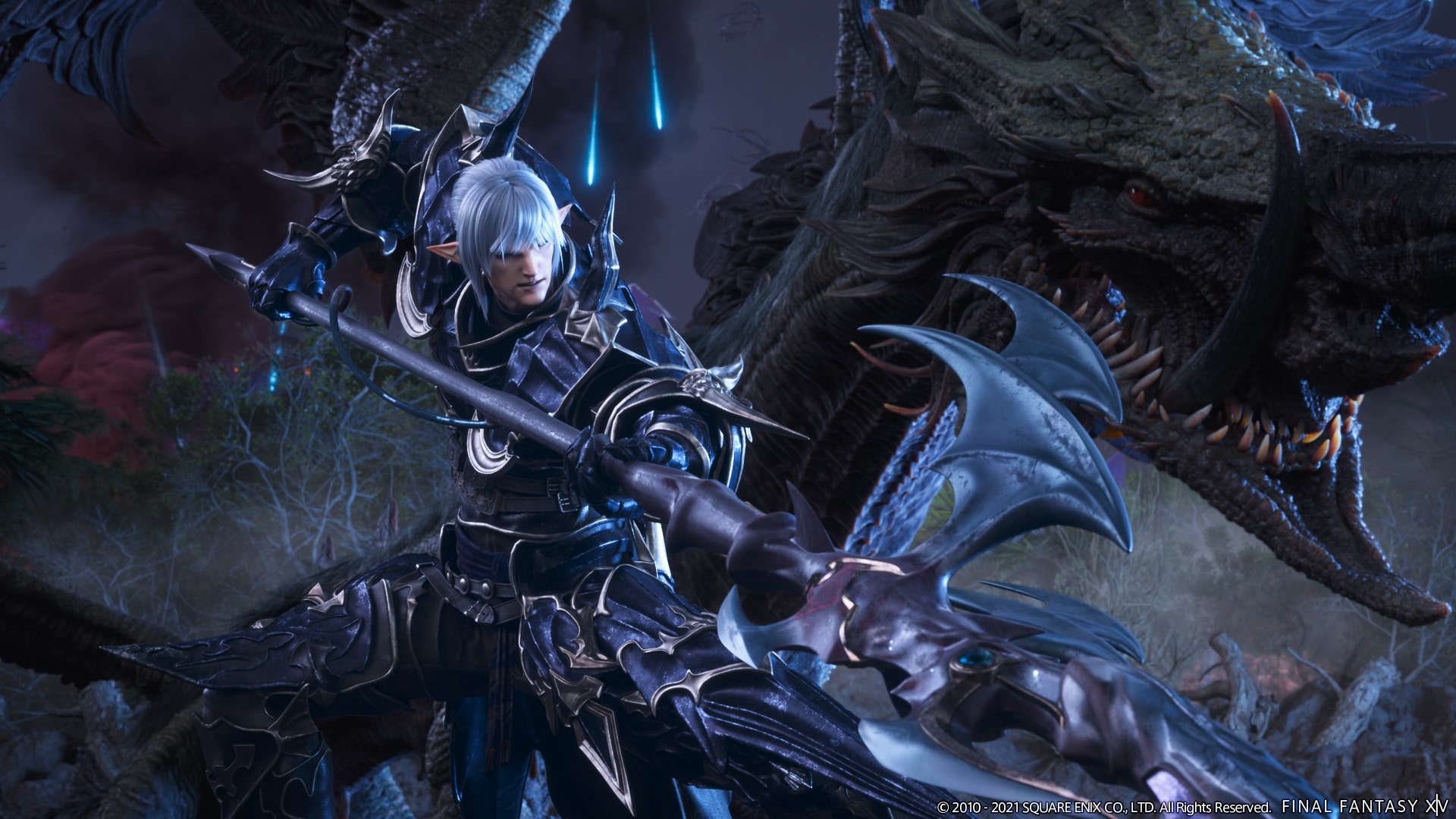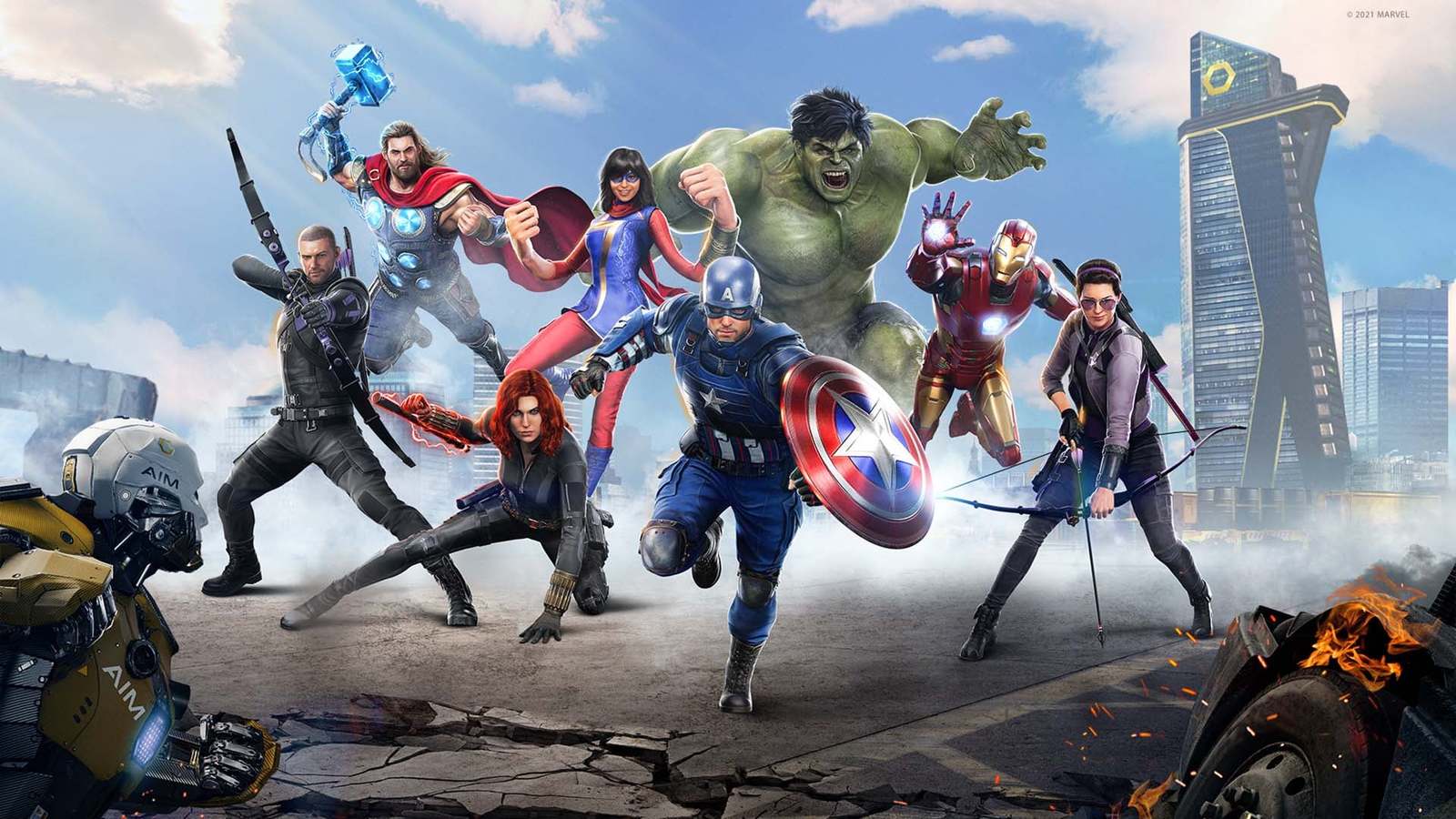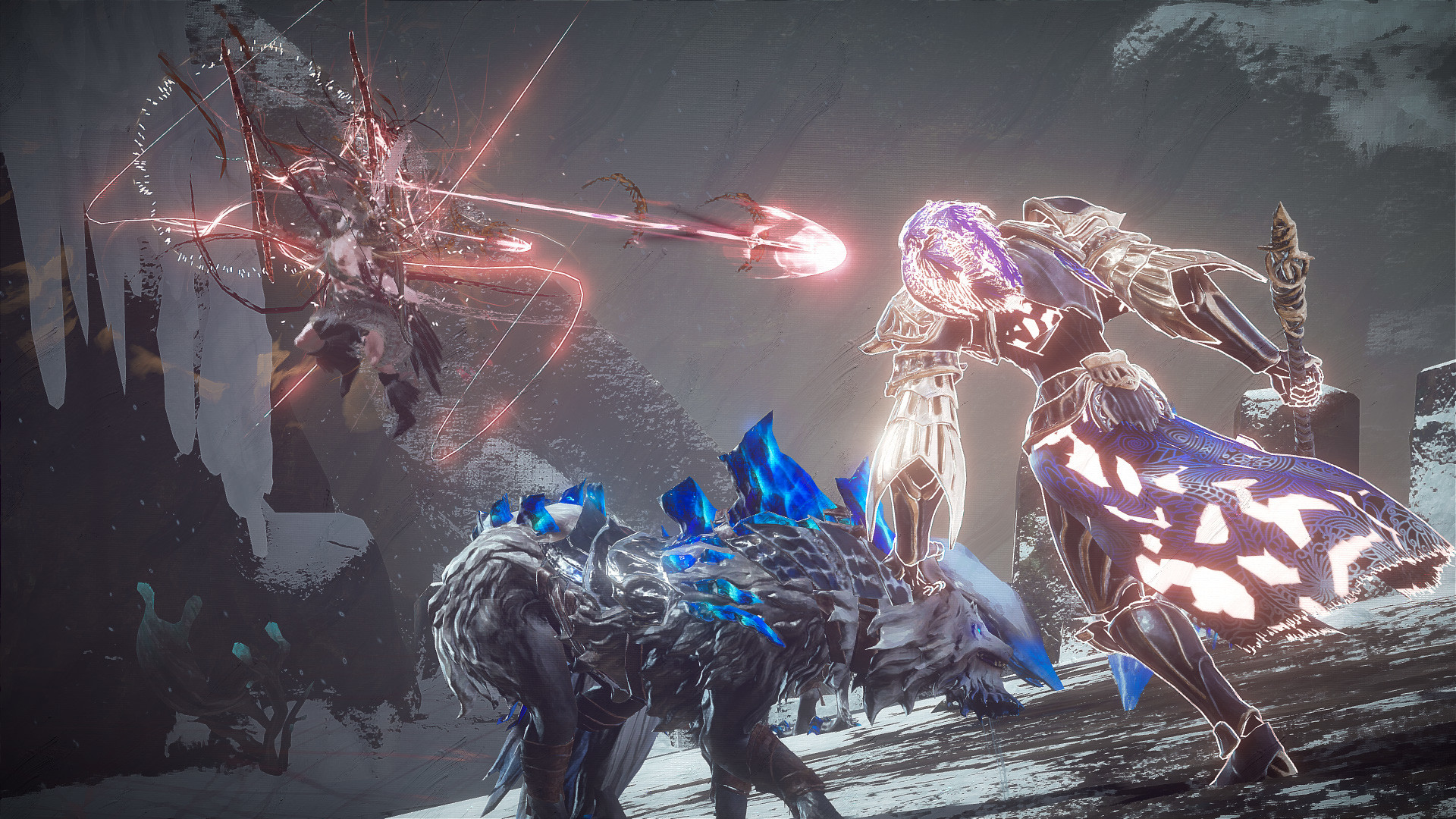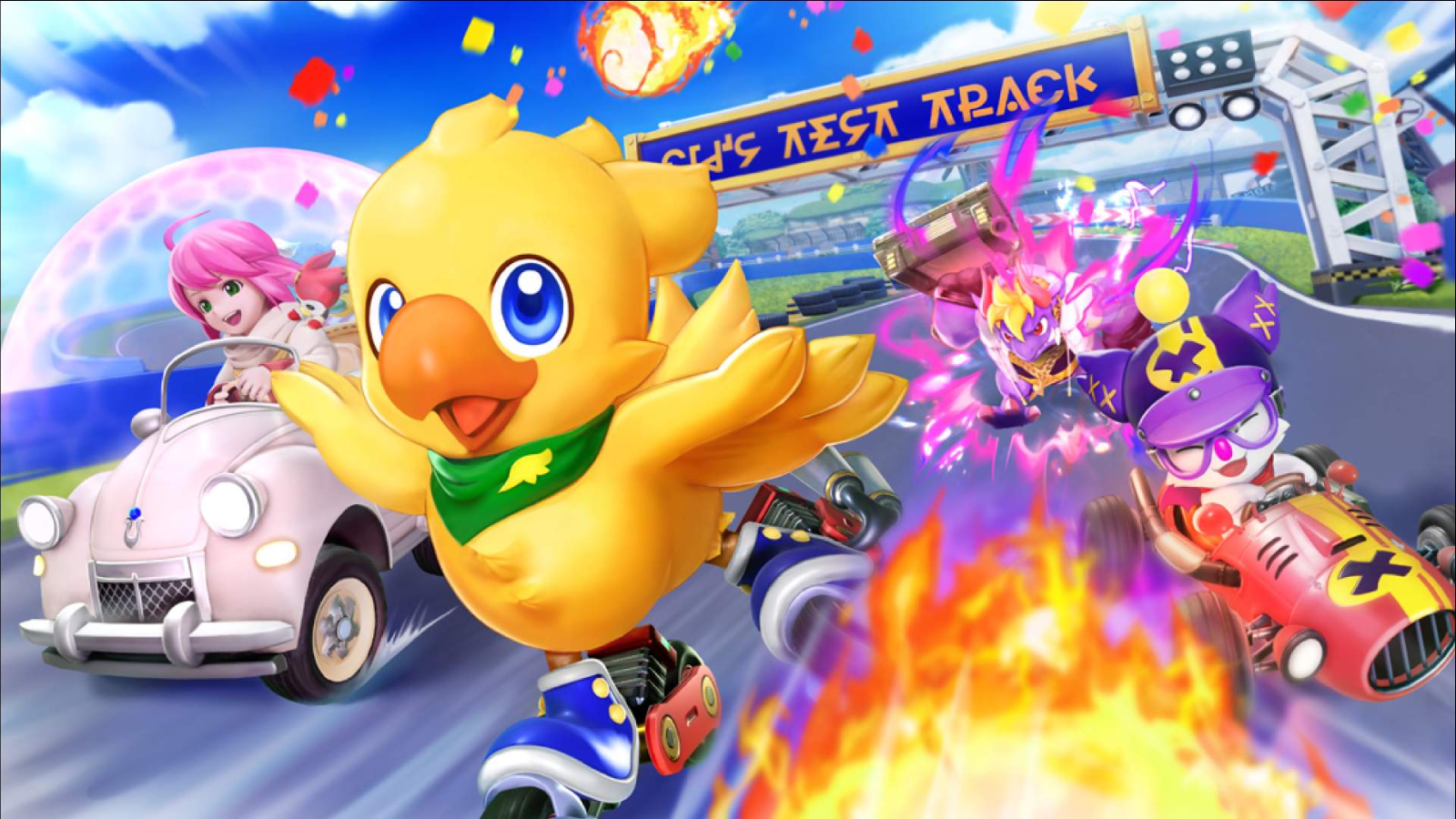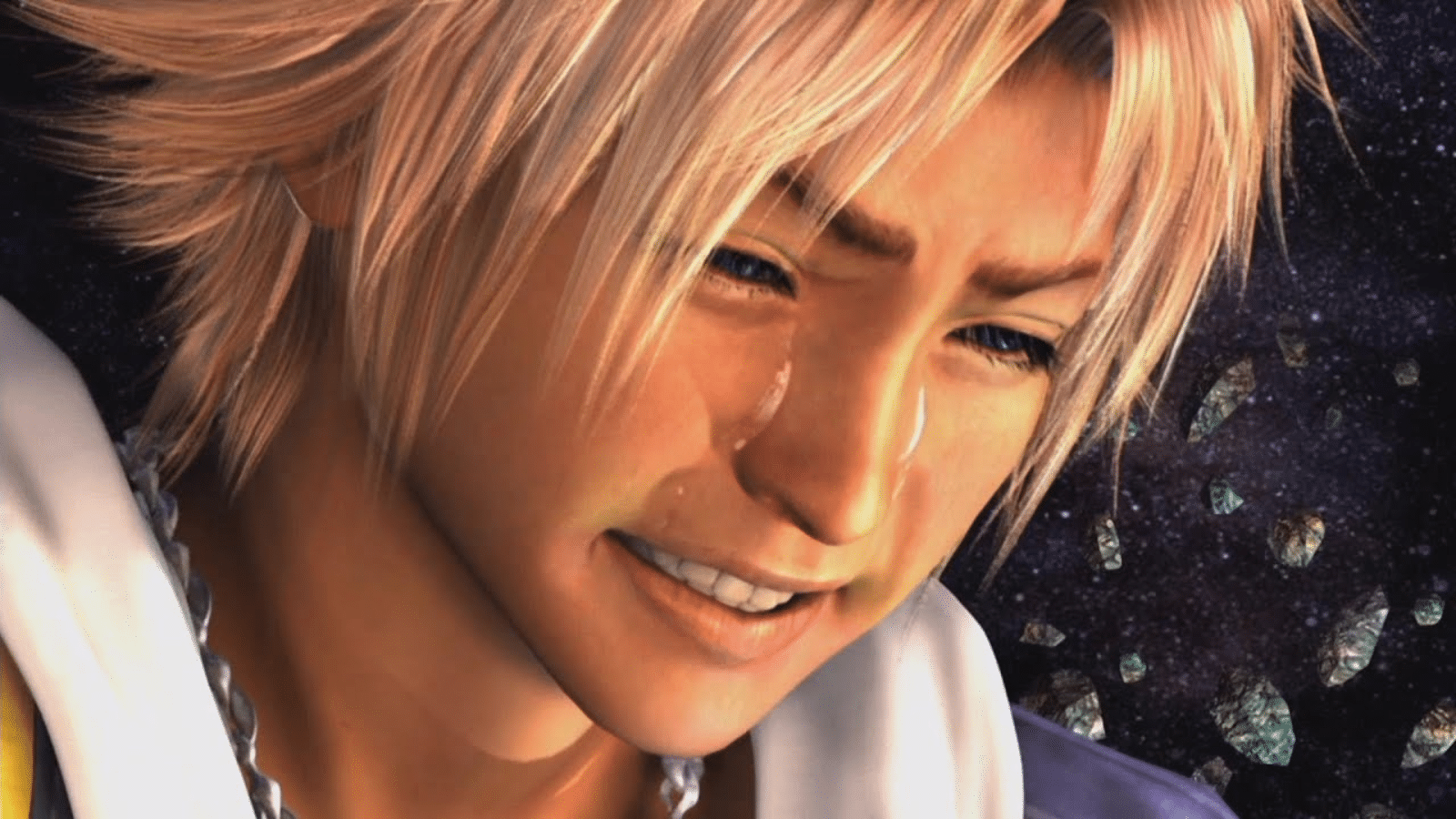To put it nicely, Square Enix has had to learn about the dangers of the “games as a service” model the hard way. Despite the success of the subscription-based Final Fantasy XIV, the publisher has squandered much of its goodwill with how terribly they have shoehorned the live service model into Marvel’s Avengers, Babylon’s Fall, and most recently, Chocobo GP. Not only has their reputation suffered in the eyes of the gaming community, who believe that Square Enix has lost touch with what they want, but it has put formidable developers such as Crystal Dynamics and PlatinumGames in a dangerously precarious position.
Chasing the Live-Service Dragon
Giving Square Enix some benefit of the doubt, it’s not the only company chasing the live-service trend, as gamers seem more and more inclined to accept the concept. Take a look at SteamDB and you’ll see live-service games atop the charts, including Lost Ark, Counter-Strike: Global Offensive, Dota 2, Apex Legends, Destiny 2, Rust, PUBG: Battlegrounds, and Rocket League. That’s not even mentioning Fortnite, whose massive popularity has cemented the live-service model in the console arena. The lure of creating a game that has a persistent following, with a high number of concurrent users who can be convinced to purchase microtransactions and season passes for years, might be too strong for any large video game company with a profit motive to dismiss.
But there are numerous pitfalls when it comes to adapting the live-service model naturally embedded in MMORPGs into areas outside of that narrow genre, and Square Enix has seemingly stumbled into all of them. The company’s legacy is rooted in solid single-player RPGs, and that expertise shows in the Dragon Quest franchise and the Final Fantasy VII Remake. However, in 2017 CEO Yosuke Matsuda believed that the future of gaming rested primarily in live service games, and while he’s not off the mark in that regard, one false move can spell the end of any live-service title.
Similar to the mandate from Electronic Arts for its developers to begin integrating the live-service model regardless of the game at hand — must we remind ourselves of the tragedy that is BioWare’s Anthem — Square Enix has pushed and persuaded the developers within its wheelhouse to follow the trend. Moreover, the push was not to create a free-to-play live-service game, which is far more approachable and understandable to gaming audiences, but to make a fully-priced live-service game As Crystal Dynamics and PlatinumGames have little experience in this space, perhaps it’s not surprising that both Marvel’s Avengers and Babylon’s Fall failed. One can only imagine what those two developers could have done instead if the noose of live-service microtransactions weren’t around their proverbial necks.
Even Heroes Can’t Save Square Enix From Live Service
To start chronologically, Marvel’s Avengers actually has a fairly strong base as far as gameplay is concerned. Crystal Dynamics knows how to produce tight, intense combat with grounded characters from their years working on Tomb Raider. That said, having to incorporate the tired mechanics of the live-service model dragged the game down into a generic, loot-based brawler in a world where it’s difficult to believe that Marvel superheroes need to open chests and gather gear in the first place. Iron Man is a billionaire and genius engineer, so having him gather loot doesn’t really make sense.
Though Marvel’s Avengers had a variety of skills and heroes, it couldn’t compensate for a lack of polish and incompleteness. Just because a live-service game promises to have a continuous stream of content doesn’t mean that the base experience should feel like it’s in early beta, especially if you’re asking people to pay full price upfront. When Marvel’s Avengers launched, it had a lip-sync issues, audio glitches, and framerate drops. Worse, the combat was hampered by stun-locks, enemies who were simply bullet sponges, generic environments, and quest objectives that repeated themselves way too many times. The campaign felt cut short and the endgame progression felt deliberately long — both sacrifices on the altar of live service.
With such a shaky start, the downfall of Marvel’s Avengers had already been sealed. Matchmaking was already difficult at launch, so as the number of concurrent players dwindled, it only became more difficult. Some rewards from events were just re-colored skins and nameplates, sometimes even placed behind paywalls.
And then the developers had the brazen audacity of not only slowing the XP progression down, but then later releasing XP boosters as microtransactions, when it was promised on stage at E3 2019 that there would be none of these “pay-to-win scenarios” in the game. In protest, players rightfully left the game in droves and now Crystal Dynamics has had to pick up the pieces, its reputation in tatters.
A Live-Service Game Fallen Dead on Arrival
As for Babylon’s Fall, it’s a game both Square Enix and PlatinumGames wish to sweep under the rug. The game currently sits as one of the worst PlayStation console exclusive titles to date, with an average of a 42 on Metacritic (at the time of this writing). Babylon’s Fall is yet another title that asks for a full $60 while having a freemium economy with a grindy Battle Pass, but the issues with the game extend far beyond the live-service aspect (though that doesn’t help matters). With drawn-out cutscenes, bland art direction, and enemies that lack any sort of intelligent AI, it’s just not worth going through the campaign to reach to the supposedly better post-game.
If that weren’t enough, Babylon’s Fall introduces a type of premium currency called Garaz which you can use to purchase a host of cosmetic items. That’s acceptable, but you can also use Garaz to advance tiers in the Battle Pass as a shortcut, claiming rewards much faster than normal. To clear all tiers of the Battle Pass without having to do it the long way (by actually playing the game), you can spend more than $100 instead. It’s downright laughable.
Birds of a Feather Fail Together Too
But Babylon’s Fall surprisingly isn’t Square Enix’s most recent failure with live service games. That unfortunately goes to Chocobo GP on Nintendo Switch, a game that’s supposed to be a quaint modern adaptation of the classic Chocobo Racing on PlayStation. It’s a chibi racer where you can have Final Fantasy friends having a fun time around the track.
However, after you are lured into a false sense of security thinking that there can’t possibly be a live service bit for this full-priced game, you are suddenly met with microtransactions and prize passes and Gil and tickets and Mythril. With so many currencies, the game feels more like a mobile gacha game than a full-fledged console game. Worse yet, reviewers for Chocobo GP had no idea that the microtransactions would be this pervasive. They were purposely kept as much in the dark as unsuspecting players are. So it’s no surprise that the fan backlash on Reddit has been severe and harsh.
A Need for Change, Admitted
The only bright side to all of this is that after Marvel’s Avengers flopped — which I believe was part of the reason Guardians of the Galaxy fell short of sales expectations even though it’s a far superior game — Square Enix President Yousuke Matsuda admitted that their games-as-a-service strategy needed to be rethought in a recent annual report:
“While the new challenge that we tackled with this title produced a disappointing outcome, we are certain that the GaaS approach will grow in importance as gaming becomes more service oriented. How we go about creating new experiences by incorporating this trend into our game design is a key question that we will need to answer going forward.
…[T]aking on the GaaS model highlighted issues that we are likely to face in future game development efforts such as the need to select game designs that mesh with the unique attributes and tastes of our studios and development teams.”
Unfortunately, Babylon’s Fall and Chocobo GP were already in the release pipeline well before Square Enix could realize their mistakes, though it seems they are reconsidering their overly aggressive push for live-service titles. Crystal Dynamics and PlatinumGames should be creating the type of single-player games they are meant to make. Square Enix needs to stop forcing developers to chase trends gratuitously, thinking that everything can be or needs to be Final Fantasy XIV. Even Electronic Arts has realized that Dragon Age 4 should ditch live service features after the success of Star Wars Jedi: Fallen Order and the failure of Anthem.
Square Enix needs to take a long pause on the live-service model, take a breath, and consider how best to match the model with the right design and the right developer. If Square Enix wants to create a full-priced live-service game that isn’t an MMORPG, the base experience needs to feel like a polished title right out of the gate, not a haphazard slap-dash game that feels like it’s still in early access.
Either that or go the free-to-play route, where players are far more forgiving about microtransactions. Look at Lost Ark for inspiration, if need be. In fact, both Babylon’s Fall and Chocobo GP would be more acceptable in their current states and be given a longer chance to improve over time if they were free-to-play in the first place.
Better yet, just put the live-service concept on the shelf for a few years and let Final Fantasy XVI and Final Fantasy VII Remake Part II continue to develop in single-player bliss. Give yourself a Phoenix Down, Square Enix, before live service drags you down into the abyss without any continues.
Views expressed here are solely of the author’s and does not represent MP1st and its staff in its entirety.
